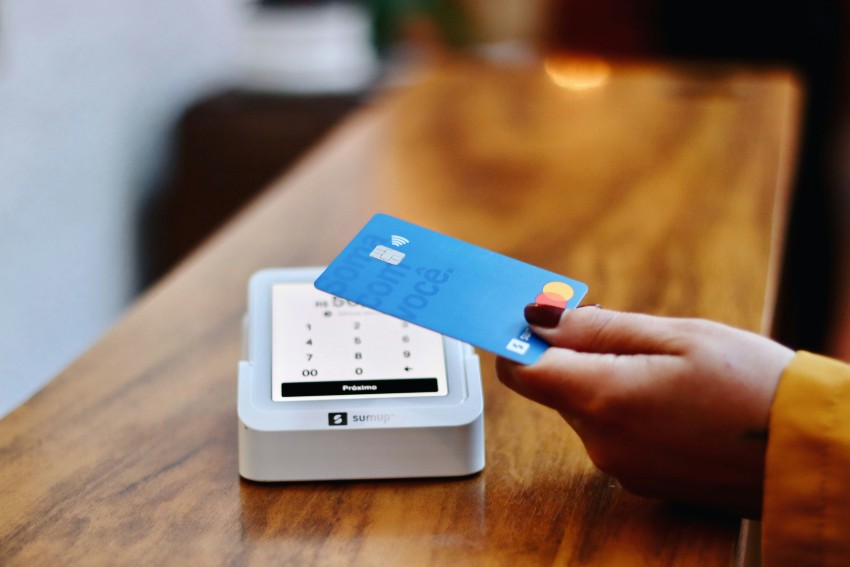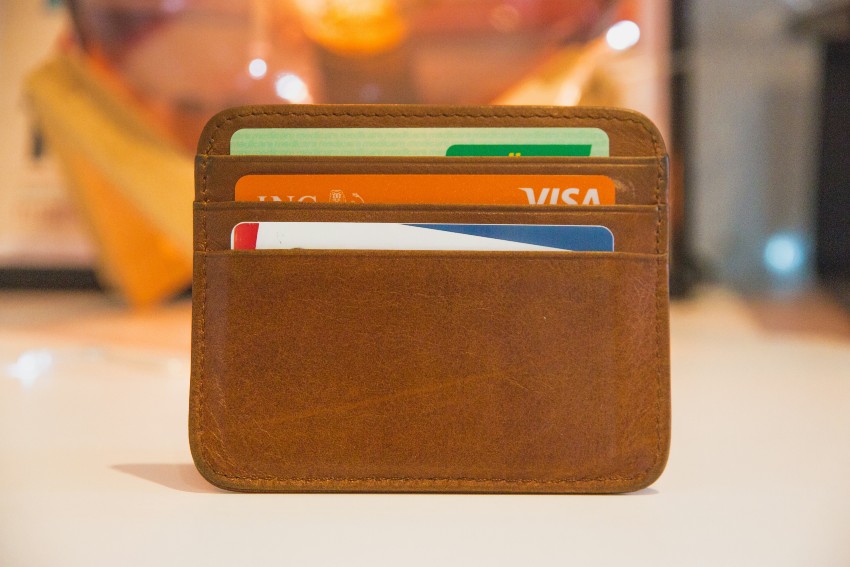Credit cards are more than just a convenient way to pay for things, they play a significant role in shaping your credit history and determining your financial future.
Whether you’re new to credit or looking to improve your credit score, understanding how different types of cards impact your credit is necessary.
Let’s look at the types of cards available and how they influence your credit history.
How Credit Cards Affect Your Credit History
Credit cards impact your credit history in several ways, depending on how you use them. Here are the main factors that determine your credit score and how credit cards fit into the equation:
1. Payment History (35% of Your Score)
Payment history is the most important factor in your credit score. Each time you make an on-time payment, it positively affects your score. Conversely, late payments can cause significant damage, sometimes lowering your score by dozens of points.
2. Credit Utilization (30%)
Credit utilization refers to the percentage of your available credit that you’re using. For example, if you have a $1,000 limit and a $300 balance, your utilization rate is 30%. To maintain a healthy score, keeping this rate below 30% is ideal.
3. Length of Credit History (15%)
The duration for which you’ve maintained open credit accounts positively influences your credit score. It considers how old your oldest and newest accounts are, as well as the average age of all your accounts.
4. Credit Mix (10%)
If you have a variety of credit types, such as revolving credit (credit cards) and installment loans (like car loans), it demonstrates to lenders that you can manage different kinds of debt responsibly.
5. New Credit (10%)
Opening new accounts might temporarily reduce your credit score because it results in a “hard inquiry” on your credit report and decreases the average age of your accounts.
Now that we understand how credit cards affect these factors, let’s see how different types of cards impact your credit history.
Types of Credit Cards and Their Impact

1. Unsecured Credit Cards
Unsecured credit cards are the most common type of card. They don’t require a security deposit and are issued based on your creditworthiness.
Unsecured cards can significantly improve your credit history if used responsibly. On-time payments build a positive payment history, while keeping balances low helps with utilization rates.
These are ideal for individuals with an established credit history or those looking to build their score further. However, high interest rates can lead to debt if balances aren’t paid in full each month.
2. Secured Credit Cards
Secured cards need a cash deposit as collateral, and this deposit generally acts as your credit limit.
They are excellent for building or rebuilding credit because issuers report payment activity to major credit bureaus. Responsible use can help you transition to an unsecured card over time.
These are best for individuals with no credit history or those recovering from financial challenges like bankruptcy. Missing payments can harm your score and result in losing the security deposit.
3. Rewards Credit Cards
Rewards cards offer perks like cash back, points, or travel benefits based on spending.
Rewards cards can positively affect your credit if used wisely. However, overspending to earn rewards can lead to high balances, increasing your utilization rate and potentially harming your score.
People with good to excellent credit who pay off balances monthly are best suited for rewards cards. High annual fees or interest rates may outweigh the value of rewards if not managed carefully.
4. Student Credit Cards
Student cards are designed for young adults with little or no credit history, especially for college students looking to start their financial journey responsibly.
These cards help students establish a payment history early on, which is important for building good credit over time. However, limited experience with managing debt could lead to overspending or missed payments.
5. Low Interest Rate Credit Cards
These cards offer lower annual percentage rates (APRs), which makes them suitable for carrying balances occasionally.
While they reduce interest costs, carrying a balance still affects your utilization rate. Paying off balances consistently helps maintain a good score.
It suits individuals who may need to carry a balance but want to minimize interest charges. It could lead to higher debt levels over time if overspending due to lower interest rates.
6. Co-Branded Credit Cards
Co-branded cards are issued in partnership with specific brands (e.g., airlines or retailers). Frequent shoppers or travelers loyal to specific brands who want additional perks may like this.
These function like regular unsecured cards but may encourage spending tied to brand loyalty. Responsible use impacts your score similarly to other unsecured cards.
Due to the limited usability outside the brand’s network, it could make these less versatile than other card types.
7. Store Credit Cards
Store-specific cards often come with perks like discounts or special financing offers but may have limited usability outside the retailer. It is suitable for regular shoppers at specific stores who can pay off balances quickly.
Store cards help build credit but often come with high interest rates and low limits, which could lead to high utilization ratios.
Key Habits That Improve Your Credit History
Regardless of which type of card you choose, certain habits will always help improve or maintain a healthy credit history:
- Pay all bills on time as late payments hurt scores significantly.
- Keep balances low. Aim for less than 30% utilization across all accounts.
- Avoid applying for too many new accounts at once as this adds hard inquiries to your report.
- Monitor statements regularly. Spot errors or fraud early before they impact your report.
- Maintain older accounts. Close old accounts to reduce the average age of your history.
Common Mistakes That Hurt Your Score
Even with the right card, poor habits can damage your credit:
- High balances increase utilization rates and financial stress.
- Late payments result in late fees and negative marks on credit reports.
- Unnecessary account closures shorten the length of your credit history.
- Frequent applications for multiple cards in a short time lower credit scores due to hard inquiries.
- Excessive spending on rewards programs leads to debt that outweighs the benefits.
You need to avoid these mistakes to ensure that any card type works in favor of building strong financial health.
The type of card you choose plays an essential role in shaping your financial future, but how you use it matters even more. Whether it’s an unsecured card helping you build good habits or a secured card giving you a fresh start, each type has unique benefits and risks.
Choosing the right card requires understanding where you stand financially and what goals you want to achieve, be it building credit from scratch, earning rewards, or managing debt responsibly.
By committing to smart usage habits like paying bills on time and keeping balances low, any card type can become a valuable tool in improving both your credit history and overall financial health.





